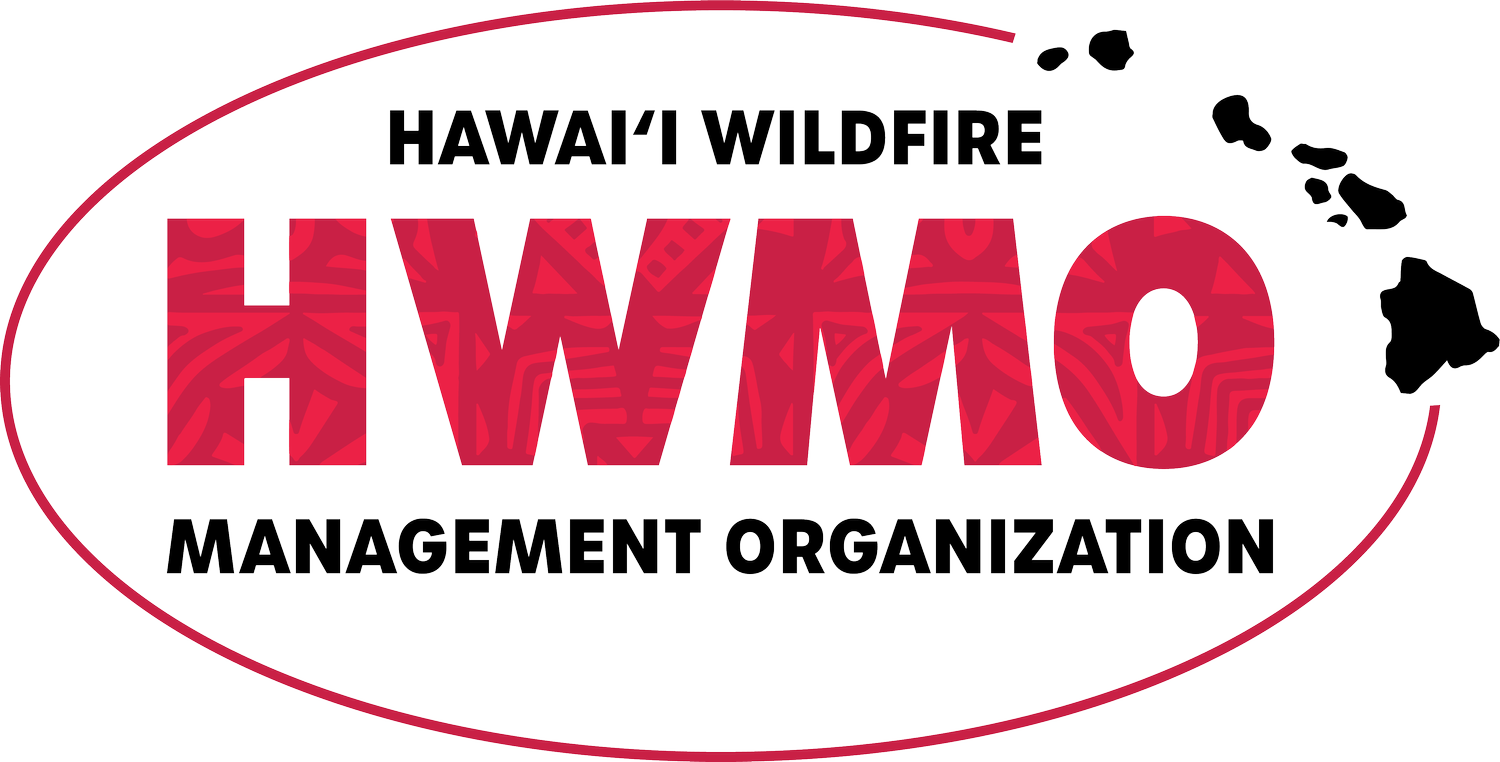CWPPs are a great planning tool for communities and have become a prerequisite for receiving federal funding for wildfire protection projects. A CWPP assists a community in identifying and prioritizing areas for hazardous fuel reduction treatments, and supports communities to take action. The plan assesses values at risk such as safety, natural resource protection, recreation, scenic values, and economic assets. Through a collaborative process involving input from community members, resource management and firefighting agencies, and a variety of other interested parties, CWPPs help bring wildfire hazard information and planning and action opportunities to all parties. These plans are increasingly important in Hawaii, which faces unique wildfire threats that are becoming more challenging due to increasing ignitions, drought episodes and land use changes. Wildfires have great impacts on Hawaii Island residents and natural resources, affecting:
• Daily life (road closures, traffic, evacuations, post-fire flooding, tax payer dollars)
• Human health and safety (dust, smoke, water quality, burned homes and structures, resident and firefighter safety)
• Ecosystem health and resilience (watersheds, forests, coral reefs, fisheries)
